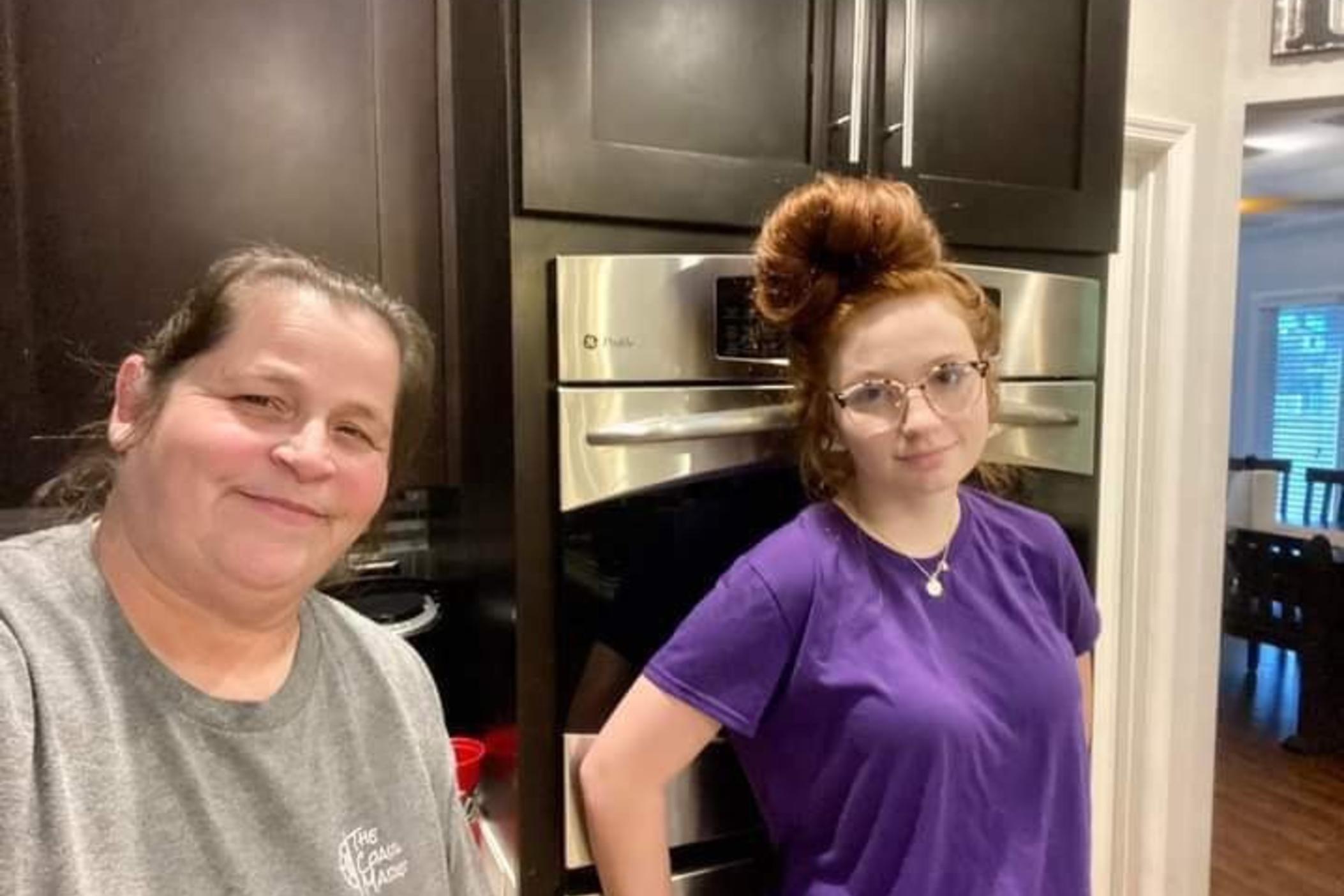Poor access to mental health care leaves Georgia children who need a psychiatrist in the lurch

Georgia Public Broadcasting by Ellen Eldridge, January 22, 2024: When Layken Edenfield was little, her moods would switch quickly, her mother, Teresa Edenfield remembers.
“One minute she’d be happy and laughing, and the next minute she’d be crying her eyes out,” Edenfield said. “She was really hypersensitive about certain things around, or really terrified.”
A decade ago, 3-year-old Layken and her two younger, maternal siblings joined Teresa, her husband, and their four biological children in rural Darien, about 20 miles from Savannah. The childrens’ birth mother struggled with mental illness and substance use disorder, which Edenfield thinks puts Layken, now 13, and her siblings at a higher risk for developing the mental health condition she now has.
Lakyen’s moodiness as a toddler shifted to behavioral symptoms by elementary school, Edenfield said. Teachers and family members caught Layken lying and stealing. They knew something wasn’t right with the young girl, but they couldn’t put their finger on what was wrong.
By middle school, the principal called and said she must be picked up immediately after school because there weren’t enough people to watch Layken, who was having severe emotional outbursts.
Sometimes they were violent.
At home, Layken threatened to beat her sister Madison in the head with a baseball bat while she slept. Edenfield took Madison into her bedroom, and locked the door at night.
“I would actually put something in front of my door so if she did try to come in, because she figured out how to get in my room if the door was locked, I would know if I could hear somebody coming in,” she said, her voice cracking. “It was scary, I’m not going to lie.”
The situation reached crisis levels when Layken made threatening comments about a specific student. The school called Edenfield, requesting she pick her Layken up for an involuntary psychiatric hold for evaluation by a doctor in a behavioral health crisis intervention center, usually within 48 hours.
In the state of Georgia, there exists a legal document called a 1013 form. The purpose of the 1013 form is to initiate transportation to an “emergency receiving facility” and is completed by an authorized licensed clinician.
The facility must agree to receive the client (i.e., they have an available and appropriate bed for the client).
It was the first step, of a long journey, to getting Layken the comprehensive care she needs.
Read more from Georgia Public Broadcasting (GPB) here.




